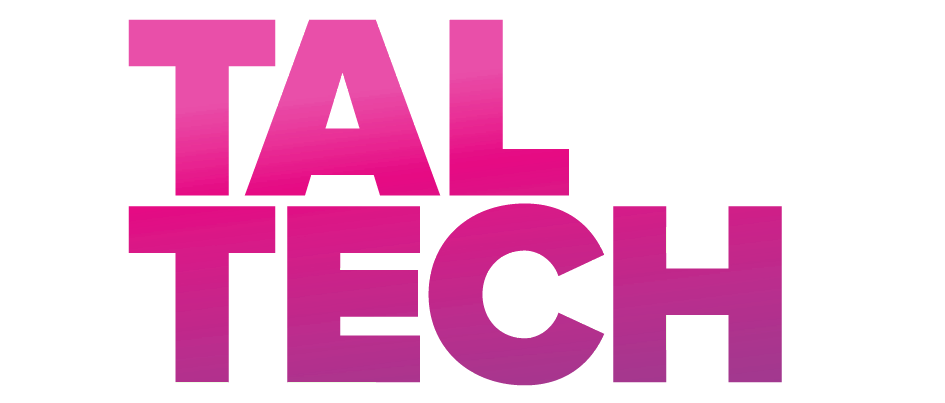Call for Papers
The 31st Nordic Workshop On Programming Theory - NWPT'19 is hosted by Software Science Department at Tallinn University of Technology and will be held in the campus of Taltech.
URL: https://cs.ttu.ee/events/nwpt2019/
Important dates
Submission of abstracts: 16 September26 September 2019 Notification: 4 October7 October 2019 Final version: 22 October 2019 Registration: 22 October 2019 Workshop: 13-15 November 2019
The NWPT series of annual workshops is a forum bringing together programming theorists from the Nordic and Baltic countries, but also from elsewhere.
Scope
Topics of interest include (but are not limited to)
- semantics of programming languages,
- programming language design and programming methodology,
- programming logics,
- formal specification of programs,
- program verification,
- program construction,
- tools for program verification and construction
- program transformation and refinement,
- real-time and hybrid systems,
- models of concurrency and distributed computing,
- model-based testing
- language-based security
Invited Speakers
Submission
Authors wishing to give a talk at the workshop are requested to
submit abstracts of 2-3 pages (pdf, printable on A4 paper, using
easychair.cls [zip])
through EasyChair (https://easychair.org/conferences/?conf=nwpt2019)
by 16 26 September
2019. Work in progress as well as abstracts of manuscripts
submitted for formal publication elsewhere are permitted. The abstracts
accepted will be published electronically in the book of abstracts of
the workshop. By submitting, you agree that, if your abstract is
accepted, it will be published in this fashion. Moreover, you as the
author are responsible for the content.
We have arranged a special issue of the Journal of Logical and Algebraic Methods in Programming (JLAMP) devoted to the best contributions to the workshop. The contributions will be selected by the PC. They will be invited after the workshop and will undergo a rigorous, journal-strength review process according to the standards of JLAMP.
Programme Committee
- Antonis Achilleos, Reykjavík University, Iceland
- Johannes Borgström, Uppsala Univ., Sweden
- Martin Elsman, Univ. of Copenhagen, Denmark
- Daniel S. Fava, Univ. of Oslo, Norway
- John Gallagher, RUC, Denmark
- Michael R. Hansen, DTU, Denmark
- Magne Haveraaen, Univ. of Bergen, Norway
- Keijo Heljanko, Univ. of Helsinki, Finland
- Thomas T. Hildebrandt, DIKU, Denmark
- Einar Broch Johnsen, Univ. of Oslo, Norway
- Jaakko Järvi, Univ. of Bergen, Norway
- Yngve Lamo, Western Norway Univ. of Applied Sciences, Norway
- Alberto Lluch Lafuente, DTU, Denmark
- Fabrizio Montesi, Univ. of Southern Denmark, Denmark
- Wojciech Mostowski, Halmstad Univ., Sweden
- Olaf Owe, Univ. of Oslo, Norway
- Philipp Rümmer, Uppsala Univ., Sweden
- Gerardo Schneider, University of Gothenburg, Sweden
- Cristina Seceleanu, Mälardalen Univ., Sweden
- Jiri Srba, Aalborg Univ., Denmark
- Tarmo Uustalu, Reykjavík University, Iceland
- Jüri Vain, Tallinn Univ. of Tech., Estonia
- Antti Valmari, University of Jyväskylä, Finland
- Marina Waldén, Åbo Akademi Univ., Finland
Organizing Committee
- Jüri Vain (chair)
- Tarmo Uustalu
- Juhan Ernits
- Marko Kääramees
- Anu Baum
- Monika Perkmann
from Tallinn University of Technology.
Contact email: nwpt2019(at)taltech.ee
Further Information
Further information will appear on https://cs.ttu.ee/events/nwpt2019/, or can be obtained by mailing to the organizers at nwpt19(at)taltech.ee
